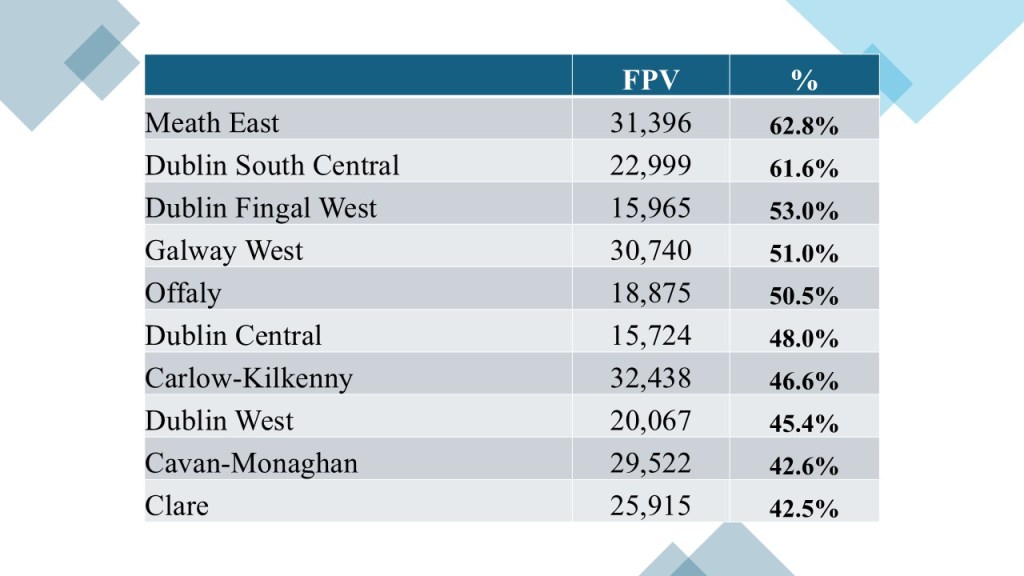Adrian Kavanagh, First Posted – 10th July 2024, Most Recent Update – Tuesday 26th November 2024
We are now in the run in to the next general election, which in theory could have taken place at any stage up to March 2025, but now looks likely to take place in November 2024 or early December 2024. This post will track all candidate selections or candidate declarations, with respect to the next general election, as and when these happen (and, more importantly, as soon as I become aware of them!). The rule of thumb here is that I will add party candidates in most cases only after they have been officially selected to run for the party at a selection convention or by some other means of candidate selection. In the case of non-party candidates, I will add these to the list as soon as a non-party candidate has declared their intention to contest the upcoming general election (and I become aware of this).
I try my best to find information about candidate selection conventions at the local level, but in some cases this information is hard to find and occasionally it can be some time after a convention takes place before I find this information and hence am in a position to update this page accordingly. In some cases, a candidate may have withdrawn some time before I am aware of this and hence remain on this page after they should have been excluded. This post also takes account of the fact that there will be changes to Dáil constituencies at the upcoming general election.
Continue reading →

